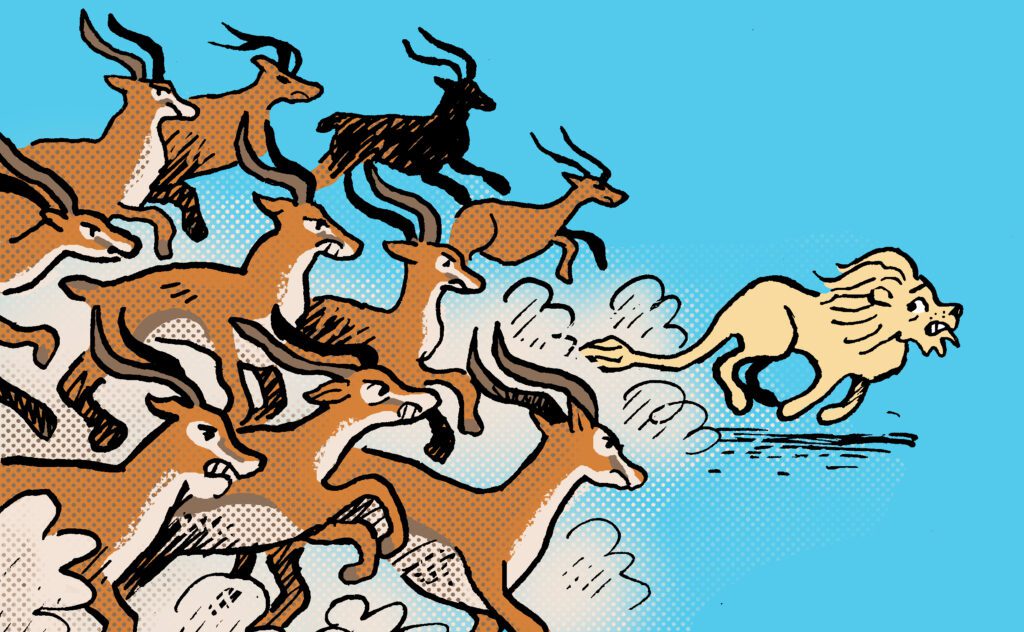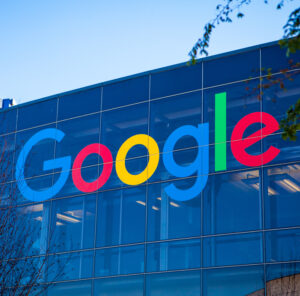The 2022 Inc. 5000 list was published on Tuesday, and although its purpose is mostly for marketing (companies pay for inclusion, after all), it is a useful benchmark for tracking the startup ecosystem.
For instance, the top 100 companies on the list once included numerous strong ad tech contenders.
In 2019, publisher ad tech company Freestar rocketed to number one on the list. Freestar made the list again this year … but at #1,824. To be fair, the Inc. list is based on growth rate percentage, and it’s not possible for a company to grow by 1,000% or more year after year.
The list is also a sign of the shifting dynamics in online advertising. Some startups have even jettisoned their original value prop, despite being only a few years old. And many programmatic players, like Freestar, KERV Interactive (#556) and Social Native (#2,880), have leaned into ecommerce and retail marketing.
The ecom wave
Neato, the highest-ranked advertising and marketing startup on the 2022 list at #39 overall helps brands sell through online marketplaces and retail media.
Amazon-focused ad tech players, including Canopy Management (#325 overall) and My Amazon Guy (#334), also make an appearance. As do commerce agencies, such as The Stable (#329), Dream Shake Media (#644) and Ragnarok (#320).
(This is the last year that The Stable will be eligible for inclusion on the list. It was acquired by Accenture last month.)
Ecommerce ad tech providers Channel Bakers (#1,696) and AdAdapted (#1,697) made the list as well.
And Chicory (#1,316), an advertising company that connects CPG brands and retail media with recipes and cooking sites, was founded in 2013 but made the list for the first time this year.
“Back in 2013 or 2014, we would talk to retailers about how we integrate simply through an API and some retailers didn’t even know what that was,” Yuni Sameshima, Chicory’s co-founder and CEO, told AdExchanger.
Pathformance (#926), an ecommerce analytics startup, was likewise on the list for the first time, having just reached the income threshold to qualify in 2021, said founder and CEO Elizabeth Johnson.
So far this year, Pathformance has already eclipsed its full-year revenue from 2021, Johnson said.
Adapt or perish
In general, companies on the Inc. 5000 are very careful about how they describe themselves.
For example, only two companies classify themselves as “Crypto & Blockchain” startups, presumably because the entire category has taken an absolute beating in terms of public perception.
However, if you squint and refocus your vision slightly, there are many crypto and blockchain companies now categorized as “Financial Services” or “Software.” BlockFi, which took the very top spot this year, is a crypto company that classified itself as a financial services company for the purposes of the Inc. list.
The Inc. startup list can also be a useful reminder of how much a startup can change early on.
Audigent, number 249 on the list and the fifth highest-ranked ad tech startup, “started out life believing it would be the next-gen DMP,” said founder and CEO Drew Stein. Over the course of five years, Audigent has become a data and identity curation service, he said.
“For us, it’s tremendous validation that there’s a lot of change and disruption certainly in the data landscape, but tremendous opportunity at the same time,” Stein said.
Chicory, too, started life on a different path from the one it’s now on. At the beginning, it was primarily subscription tech to create shoppable recipes that publishers and brands could integrate, Sameshima said. A recipe with Greek yogurt, for example, might feature a click-to-cart button that automatically adds Chobani to an online shopping list.
It wasn’t until a few years after the company’s launch that it stumbled onto a contextual advertising play. Rather than relying on the click-to-purchase feature, it could serve a Chobani ad alongside the content so that Chicory and the publisher would both get paid. That ad tech-based model is now the majority of Chicory’s business, Sameshima said.
Parthformance also soft-launched a platform model in the past year, Johnson said. More sophisticated customers that don’t need the hands-on help of a consultancy can log in and use the company’s analytics for themselves.
The ever-crumbling cookie
Another common refrain for startups on the list this year is the opportunity that arises if and when (or just if) third-party cookies do disappear on Chrome.
“The biggest thing that I’m trying to figure out is what this world looks like when third-party cookies go away,” said Sameshima.
Measurement, attribution and even basic features that many marketers and retailers don’t appreciate, like affiliate site tags and traffic generation, will be upended when third-party cookies are deprecated, he said.
The deprecation of third-party cookies, as well as the loss of other primary identity data signals, including mobile ad IDs and IP addresses, presents a major potential opportunity to Audigent, Stein said.
Just like retail media and the sophistication of the retail industry has propelled new growth and classifications on the Inc. 5000 startup list, the eventual end of third-party cookies could unleash a huge wave of startup growth and innovation. Publishers and marketers will need help to deal with the change.
“It’s striking to me,” Sameshima said, “how unprepared various constituents in the marketing landscape are for that shift.”
















